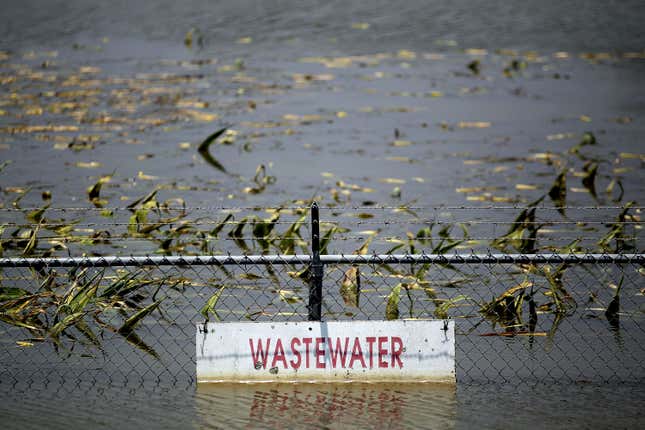
Residents in Lowndes County, and in other rural areas in Alabama, are victims of inhumane living conditions; 40 percent of homes in the county have inadequate or no sewage systems. With a mostly Black population, it has a poverty rate of 22 percent—double the amount of the national average. The Justice Department launched an investigation in November to figure out if the Lowndes County Health Department has been discriminating against Black residents.
Since plumbing systems in the houses of the inhabitants aren’t working—or are incorrectly tied into the county systems—they are forced to pump sewage into holes in their yards. Using PVC pipes to transport waste from homes into these holes is commonly referred to as ‘straight piping.’ Alternately, residents can opt to pay for sewage to be pumped to lagoons in close proximity to their homes since state and local goverments failed to install a centralized sewage system.
Such horrible conditions come with a health risk. According to the Baylor College of Medicine and the Alabama Center for Rural Enterprise, 1 out of 3 adults in Lowndes County has tested positive for intestinal parasites called hookworms. They have been exposed by walking barefoot on soil that contains infected feces. Waste problems have been an issue the county has dealt with for years.
The Justice Department held its first public meetings in the county earlier this month. Ozelle Hubert, head of the Lowndes County Chamber of Commerce, expressed his concern. “Whether it’s discrimination, direct or indirect, the net result is we need a waste management system,” he explained. “We need a treatment center in this town to address the issues, and it is a health care problem.”
In responses to cases like the one in Lowndes County, the Biden administration has requested $1.4 million from Congress to open an environmental justice office within the Justice Department.

